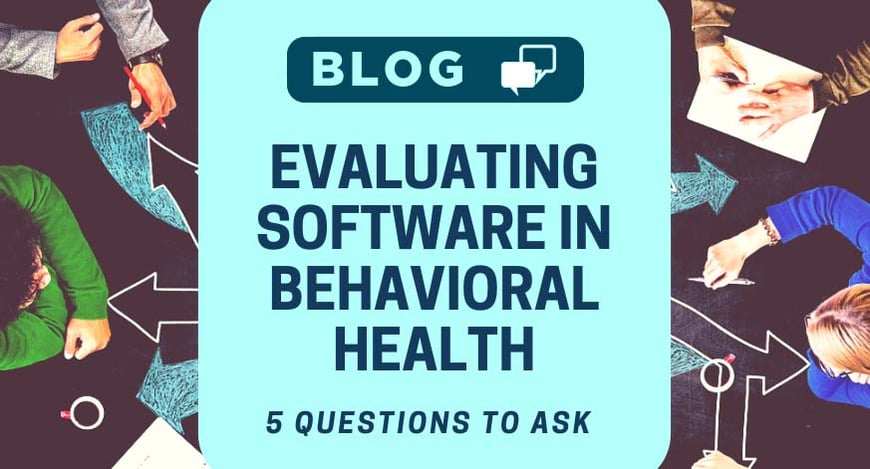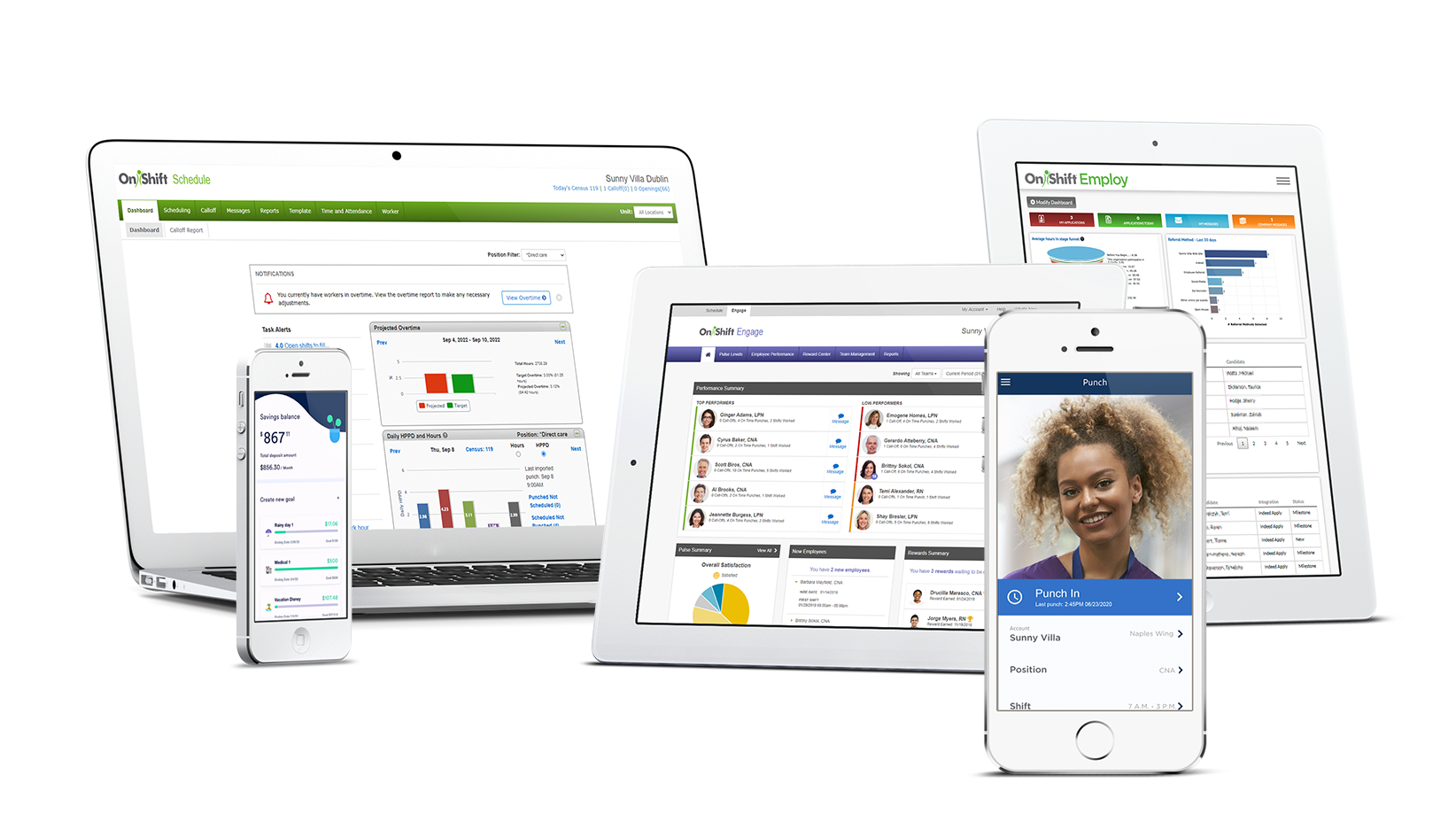November 2, 2018 | Cari Rosenberger
November 2, 2018 | Cari Rosenberger
 When it comes to tech adoption, it’s time for health and human services providers to speed things up. This was the main focus of Monica Oss’s closing keynote at the recent 2018 OPEN MINDS Technology & Informatics Institute where the theme was “Moving technology from innovation to competitive advantage in a performance-based market.”
When it comes to tech adoption, it’s time for health and human services providers to speed things up. This was the main focus of Monica Oss’s closing keynote at the recent 2018 OPEN MINDS Technology & Informatics Institute where the theme was “Moving technology from innovation to competitive advantage in a performance-based market.”
It’s funny to think that during a conference specifically dedicated to technology there would be so much discussion around why so many in the behavioral health space are slow to adopt new programs and software. But, as Oss noted, many providers are 15 to 20 years behind the times when it comes to tech adoption.
The reason? According to Oss the problem is two-fold—many healthcare technology companies fail to understand the complexities of the behavioral health industry, and many providers lack a formal process for properly evaluating new technology. As a result, technology implementations often fail to move beyond pilot programs to full scale implementations.
With the right technologies in place behavioral health providers can operate more strategically and gain a competitive advantage. But how can you tell if a system or software is the right fit for your organization? Here are some key questions to ask during your evaluation.
Implementing a new technology should make life easier, not harder. Think about what’s working with your current process and what’s not. Is the process manual when it could be automated? Is it time consuming and often inaccurate or ineffective? Essentially, think about what you’re trying to fix and how this new technology can help you achieve that. For example, if you’re evaluating a staff scheduling software, you might consider how it helps make your current process for filling call-offs more effective.
Essentially any new software or program you implement will have a direct impact on employees at all levels—from executives to hourly staff. What benefits can it provide at each of those levels? For executives, this could mean providing greater visibility to make more strategic, operational improvements. For managers and hourly employees, this could mean simplifying an existing process, saving them time and improving overall job satisfaction.
The healthcare industry isn’t one-size-fits-all. But many behavioral health providers find themselves trying to make a one-size-fits-all solution work in their complex environments. Make sure any provider you work with understands the needs of your organization and your challenges. Also, be sure to outline any specific goals you’re hoping to achieve. This could include goals around increasing efficiencies, reducing costs, engaging employees, ensuring quality care or all of the above.
Meeting standards for quality care and service is any healthcare provider’s ultimate goal. Make sure any new technologies you evaluate are designed to help you maintain those standards. For example, if you’re evaluating a staff scheduling software, ask about how it can be integrated with your clinical systems for a real-time view of your staffing needs.
Every technology provider handles implementation, training and support differently. Make sure you have a clear understanding of what resources, if any, you’ll be expected to provide during the initial rollout. Ask how they handle training, keeping in mind that some of your employees will be more tech savvy than others. Finally, inquire about on-going support. Some vendors, like OnShift, offer a dedicated customer success manager to provide the on-going support and guidance to help providers get the most out of their investment.
It’s clear from meeting with attendees at the recent OPEN MINDS Institute that providers are ready to embrace new technologies. From HR, to clinical systems, to staff scheduling software, the right technology can have a significantly positive impact on your day-to-day operations. Make sure you’ve got a process in place to help your organization recognize the right technology partners.
Subscribe to the OnShift Blog
Recent Posts
Categories
About Cari Rosenberger
Cari Rosenberger is a Senior Portfolio Marketing Manager at OnShift.
See for yourself why thousands of providers rely on OnShift’s innovative software for recruitment, hiring, workforce management, pay and engagement. Request your personalized demo today.
